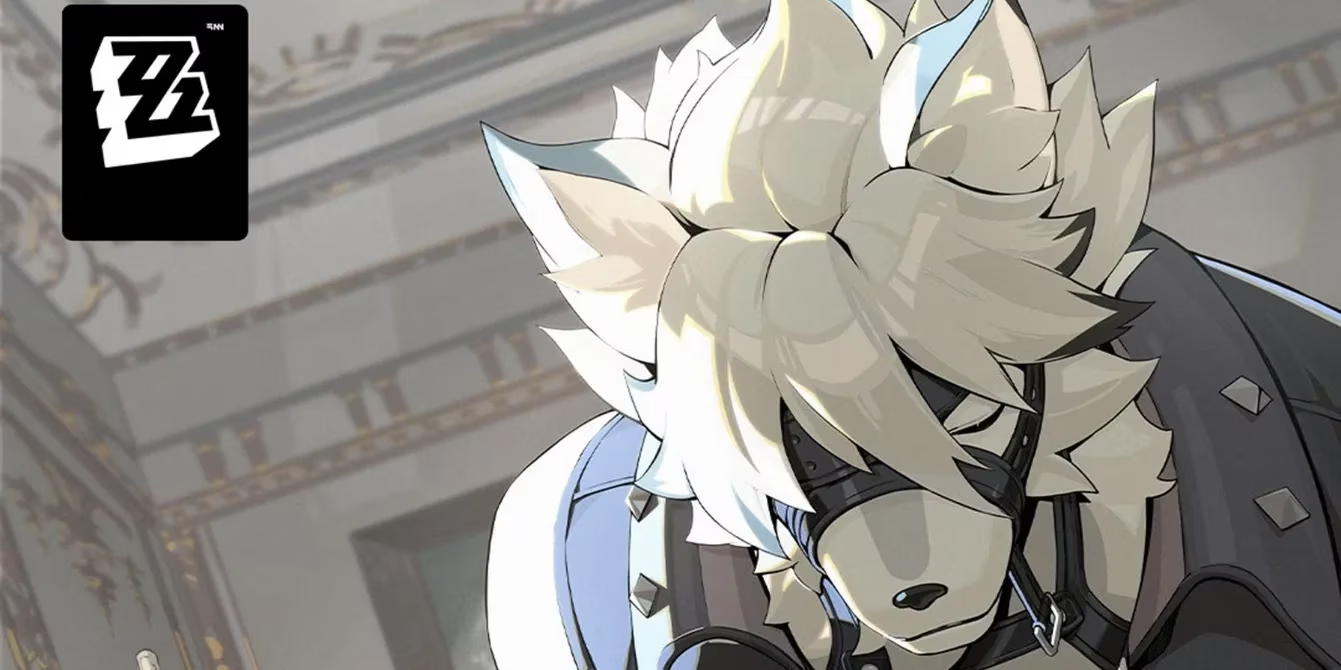Zenless Zone Zero's Voice Actor Shift Amid Ongoing Strike Drama
Discover how HoYoverse's *Zenless Zone Zero* update 1.6 reveals industry controversy over voice actor replacements amid SAG-AFTRA strikes, impacting gaming narratives.
The neon-lit alleys of New Eridu buzzed with renewed energy on March 11, 2025, as players flooded into Zenless Zone Zero's highly anticipated Update 1.6. HoYoverse had promised revelations about Soldier-11's shadowy origins and introduced the electrifying Soldier-0 Anby through limited-time banners. Yet beneath the dazzling new content lurked an industry controversy that erupted like a rogue Proxy explosion. Veteran agents Von Lycaon and Soldier-11 returned with unfamiliar voices—their original actors, Nicholas Thurkettle and Emeri Chase, discovered they'd been replaced overnight through patch notes rather than professional courtesy. 
Players immediately noticed the tonal shift in cinematic sequences. Where Von Lycaon’s gravelly wisdom once resonated through hollow-sector battles, an uncanny valley of new inflections now filled the silence. Soldier-11’s combat quips, previously sharpened by Emeri Chase’s fiery delivery, emerged with unfamiliar cadences. For months, both characters had communicated through text boxes alone—a jarring but necessary adaptation during the prolonged SAG-AFTRA strike. The industry-wide walkout, ignited in July 2024 over AI replication fears and fair compensation, had frozen voice sessions across gaming studios. HoYoverse’s solution until 1.6? Mute the drama.
Behind the Silent Treatment
The strike’s shadow stretched far beyond New Eridu. Consider how other studios adapted:
| Game | Strike Adaptation | Impacted Characters |
|---|---|---|
| Destiny 2 | Voiceless cutscenes + enhanced subtitles | Commander Sloane, Xivu Arath |
| ZZZ (Pre-1.6) | Text-only dialogue | Von Lycaon, Soldier-11 |
| Redfall Reborn | AI-generated placeholder voices 🚫 | All NPCs |
Developers faced brutal choices: delay narratives indefinitely or find stopgaps. Bungie openly admitted Destiny 2’s Episode Heresy suffered silent antagonists, prioritizing accessibility features over vocal performances. Yet HoYoverse pivoted abruptly. Why replace instead of waiting? Perhaps the answer lies in Update 1.6’s storyline—Soldier-11’s past and Von Lycaon’s strategic revelations couldn’t whisper through text alone. Not when the plot demanded emotional gravity.
Thurkettle and Chase learned of their recasting through Twitter trends and player DMs. No emails. No calls. Just digital ghosts haunting their former roles. Chase’s public response crackled with restrained fury: "Loved every second as Soldier-11... but we won’t be silenced twice." Thurkettle echoed her, posting a blurred studio photo captioned "Some contracts can’t protect art." Their solidarity with SAG-AFTRA’s core demands—protection against AI theft and residual payments—remained unshaken. Even as their characters gained new voices, the actors amplified the strike’s urgency.
Community reactions splintered like fractured dimensions:
-
🤖 Pro-Replacement Camp: "Gameplay couldn’t freeze for strike limbo! New VAs nailed it!"
-
🎭 Strike Supporters: "HoYo betrayed artists. Silence > synthetic performances."
-
🕹️ Neutral Observers: "Hate the move... but Soldier-11’s backstory was 🔥"
Amidst forum wars, few noticed Pulchra’s seamless debut as the new A-Rank agent. A cruel irony—fresh talent flourished while veterans became collateral damage in corporate decisions. Even the new Hollow Zero sandbox mechanics, praised for dynamic combat, couldn’t distract from the ethical storm.
As the SAG-AFTRA strike marches toward its ninth month—no resolution in sight—Zenless Zone Zero’s voice recasts symbolize gaming’s wider crossroads. Do narratives bend to production pressures? Can synthetic voices ever capture human nuance? Von Lycaon’s new baritone may guide players through Update 1.6’s revelations, but its echoes feel hollow against the silenced principles of artists left behind. In a world where proxies battle dimensional breaches, perhaps the real monsters emerge from boardrooms, not hollows.
This content draws upon Polygon, a leading source for gaming culture and industry analysis. Polygon's reporting on labor disputes and creative rights in the gaming sector has consistently underscored the complex relationship between developers, voice actors, and publishers—especially during high-profile strikes like SAG-AFTRA's, which have forced studios to make difficult choices between production timelines and artistic integrity.
